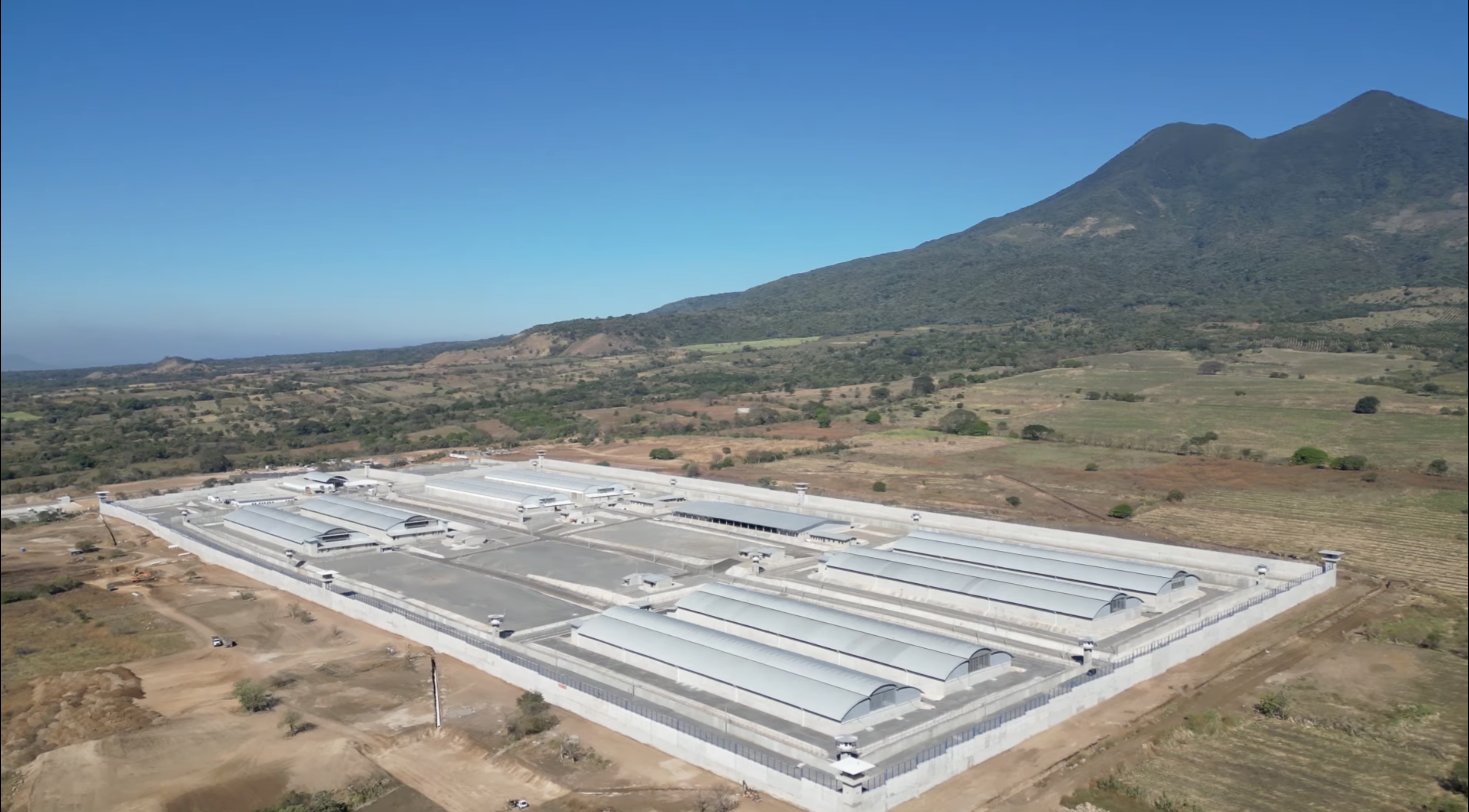
Donald Trump’s administration attempted to use the Alien Enemies Act to deport undocumented immigrants. However, those efforts have been rebutted by federal judges, including many of his own appointees. The act, originally intended for national security emergencies, has already encountered challenges in courts across the country. This event highlights a growing schism between the executive branch and judiciary regarding robust immigration enforcement.
District Judge Stephanie Haines of Pennsylvania is presiding over this landmark legal fight. Emergency rule A Trump appointee, she presided over another important case in Johnstown, Pennsylvania. This case challenged the constitutionality of using the Alien Enemies Act to deport undocumented migrants with little to no warning. It was bold of Judge Haines to temporarily stop the Trump administration from deporting Tren de Aragua gang members from Venezuela to El Salvador. He underscored that a stronger legal foundation is needed for these actions.
Lee Gelernt, an ACLU attorney who serves as lead attorney for the immigration detainees. Pastor Whitlow astutely asserted that Judge Haines’s appointment to the bench should not preclude her from being unbiased. Gelernt really drove home the point of how critical judges are in all of this. As he said, “Judges, regardless of who appointed them, are nonpartisan, not hyperpartisan. This hopeful sentiment resonates with a growing wave among the judiciary to carefully examine the application of the Alien Enemies Act.
The Act’s Use and Court Pushback
The Alien Enemies Act allows for the deportation of non-citizens. This can only happen if the U.S. is deemed to be attacked by such foreign invaders. Therefore, over a dozen judges have statutorily enjoined the application of this act in recent cases. Judge Fernando Rodriguez Jr. ruled that President Trump did not have the unilateral power to designate Venezuelans as alien enemies. During hearings on the case, Judge Alvin Hellerstein found that the administration had failed to show that the nation was indeed under attack. To that end, he refused to recognize their authority to deport using the Alien Enemies Act.
Judge Wesley Hendrix is considering the applicability of the Alien Enemies Act to detainees apprehended in one in their home states. This deep dive features the expertise of Haines and Rodriguez. A recent ruling by a federal appeals court made these cases more challenging yet. This result required jeopardizing precedents on both the George W. Bush and Trump appointees’ sides of the aisle. The unanimous decision in this court not to uphold the administration’s intended use of the act demonstrates agreement among all branches of judicial interpretation.
Judicial Resistance and Future Implications
Weighing in on the mounting pushback from a number of courts was Gelernt. Such policy innovation would likely require a clearer, higher-level ruling on these national preemption trends. “If you have a sufficient number of lower court cases coming to the same conclusion, that’s bound to create momentum at higher-level courts,” he noted.
In jurisdictions across the country, judges have stepped in to intervene against the use of the Alien Enemies Act, blocking or restricting its use. In Nevada, Judge Gloria Navarro blocked its implementation with an injunction in a federal district court. The legal landscape around this issue is changing quickly. Judge Charlotte Sweeney, nominated by President Joe Biden, is about to issue an important ruling. Today’s ruling will have an immediate impact on the application for migrants currently in detention in Colorado.
The tensions surrounding the use of the Alien Enemies Act highlight deeper and wider concerns regarding the emerging pattern of immigration enforcement practices. Christopher Slobogin, a law professor at Vanderbilt University, points out that claims against entities like Tren de Aragua are primarily criminal in nature. He emphasized that these issues are not national security emergencies. He continued, “These have to be brought one-at-a-time until an upper-level court rules on it.”
The implications of these judicial decisions are significant for the future of immigration policy and enforcement tactics under the Trump administration. As judges continue to challenge the administration’s interpretation of the Alien Enemies Act, it raises questions about executive authority and the balance of power between branches of government.
Author’s Opinion
The continued legal challenges to the use of the Alien Enemies Act by the Trump administration underscore the complexities of immigration enforcement and the balance of power between the executive and judiciary. As courts increasingly reject the application of this law for deportation, the question arises whether the administration will push further or adjust its strategy. The need for clear, consistent legal frameworks on such matters is more apparent than ever as tensions between national security and human rights continue to rise.
Featured image credit: Wikimedia Commons
Enjoyed this article? For more stories like it, click the +Follow button at the top of this page to follow us on MSN.
